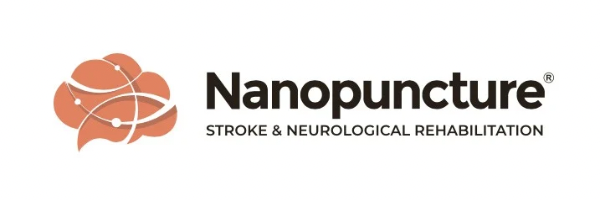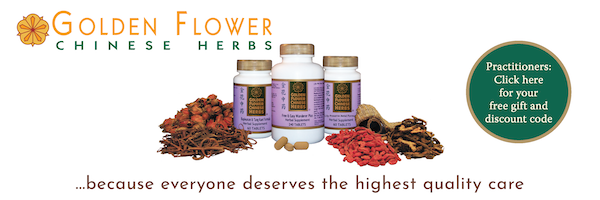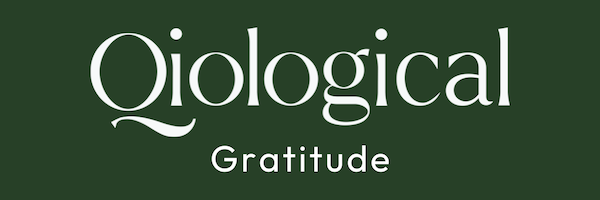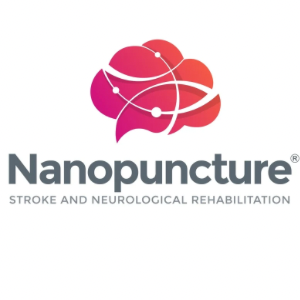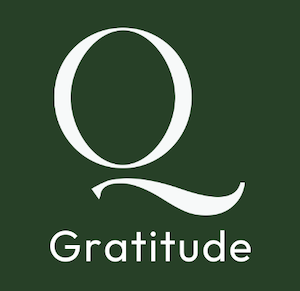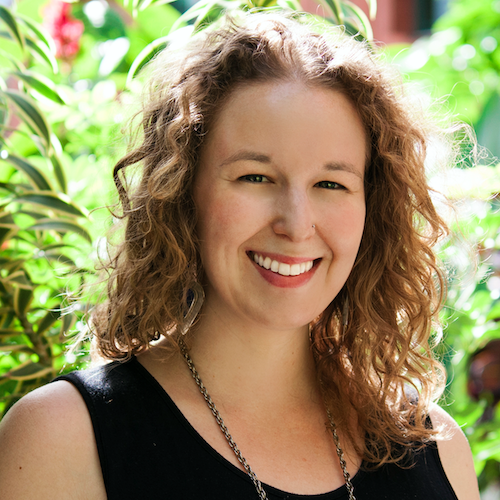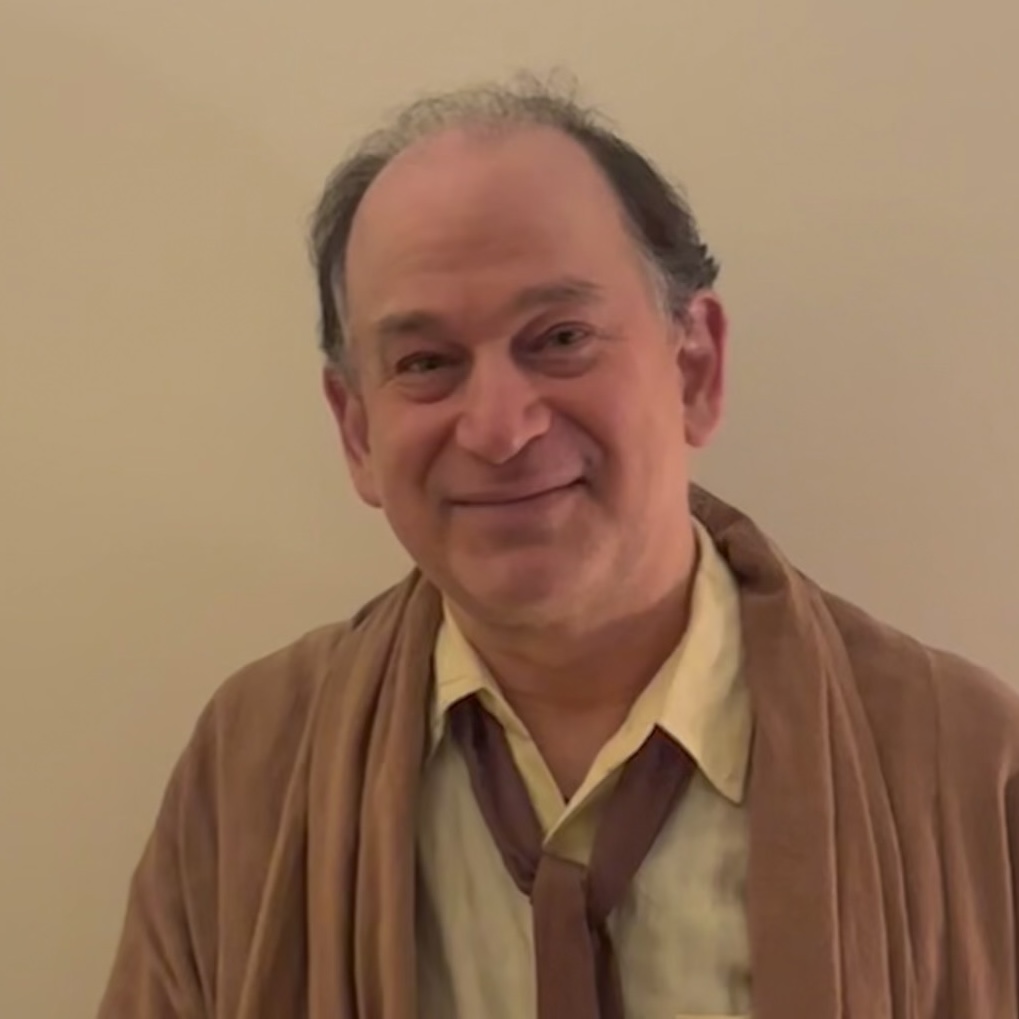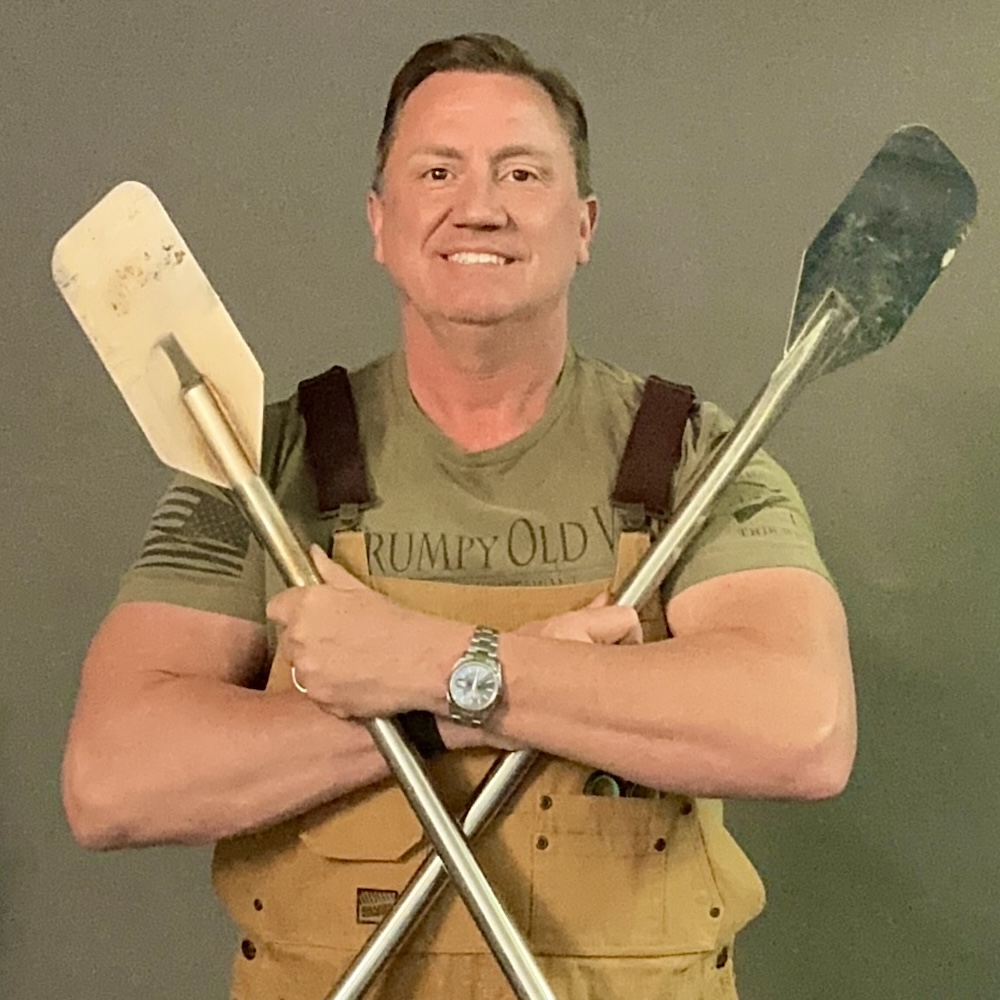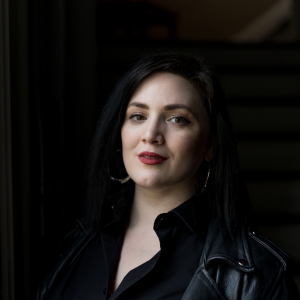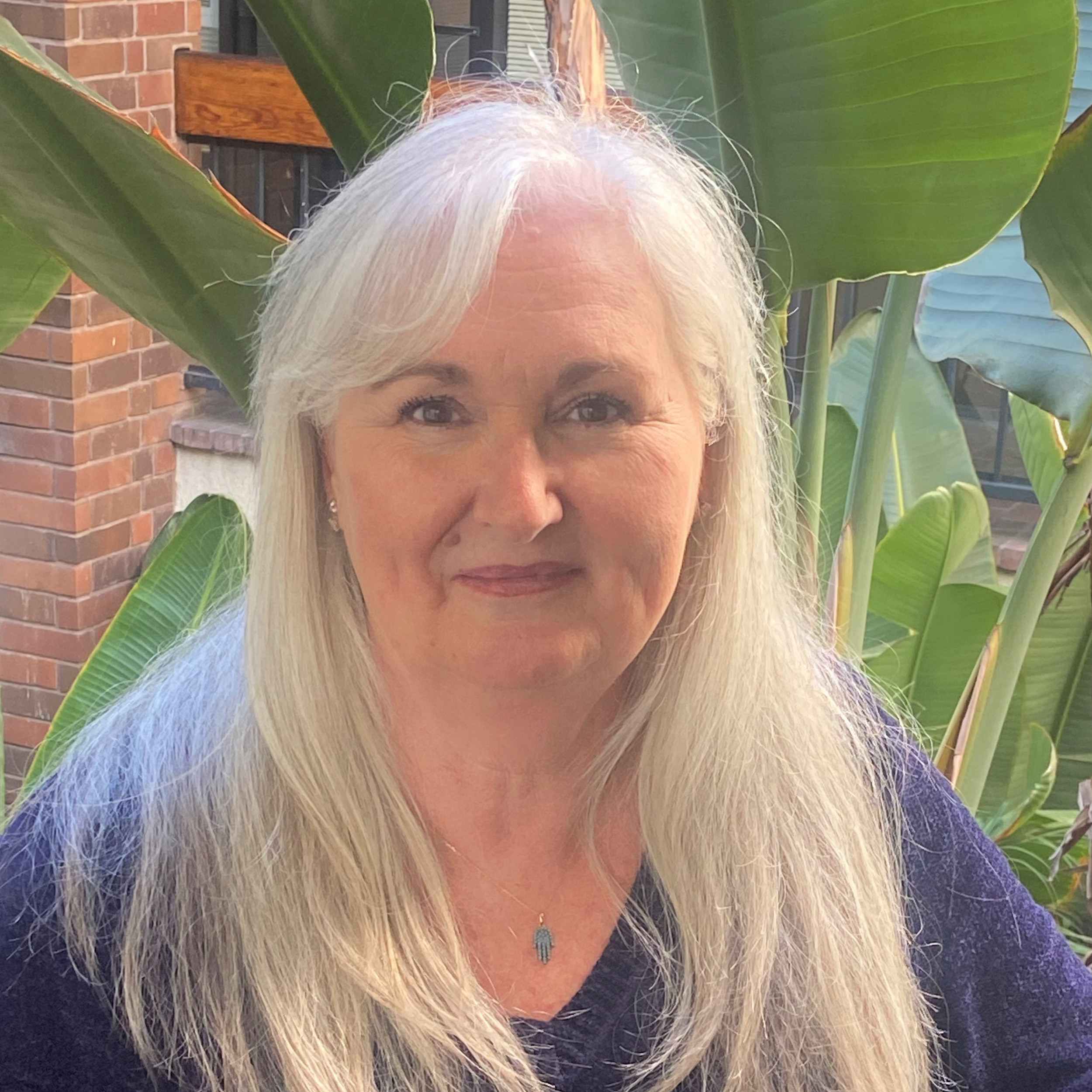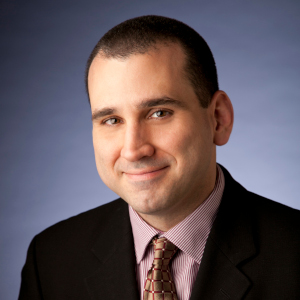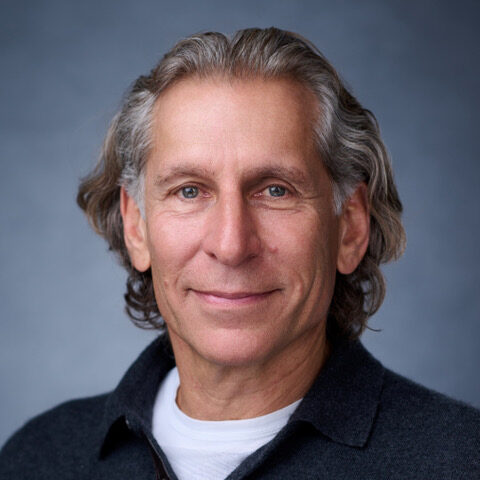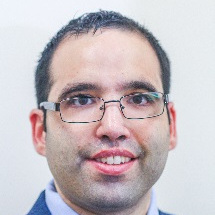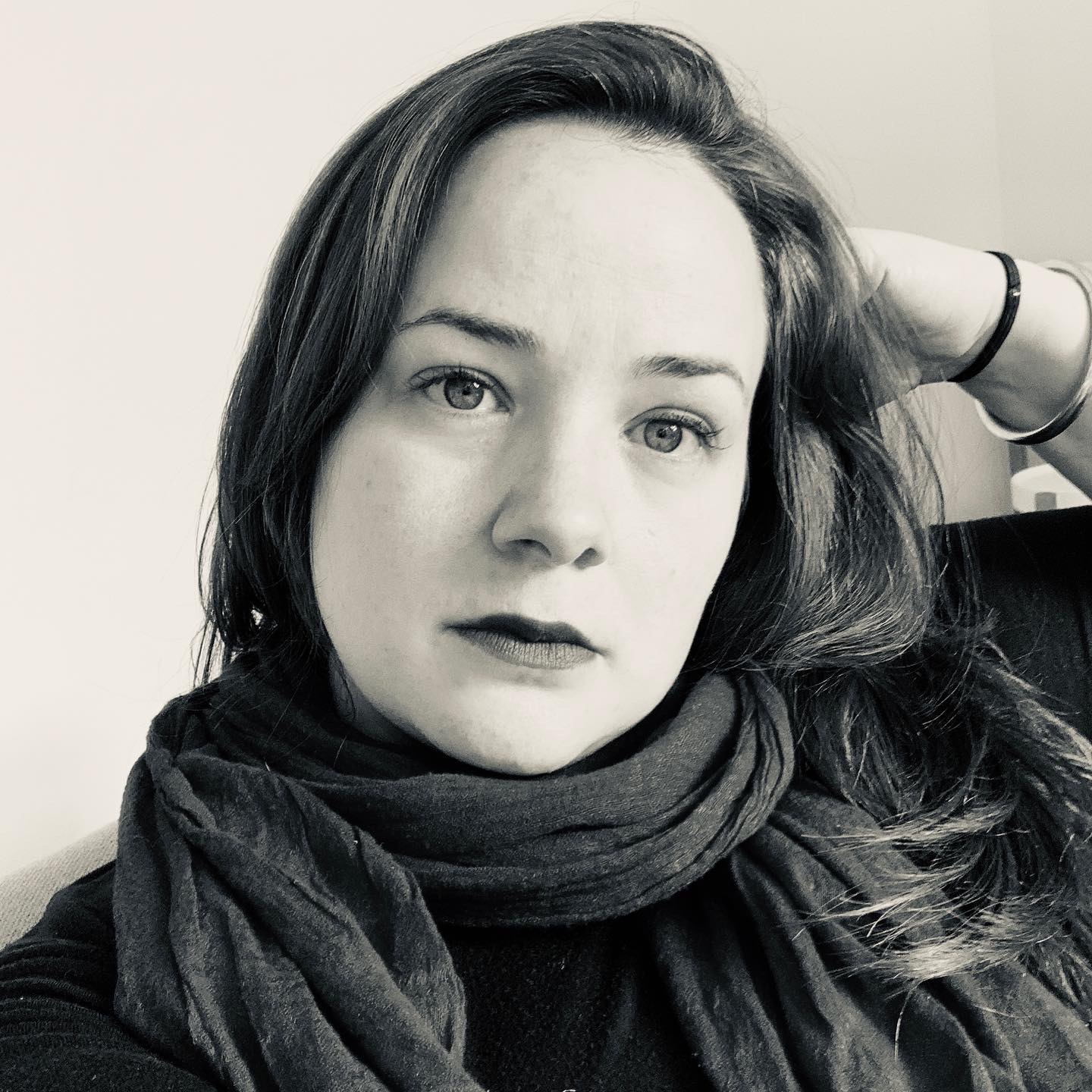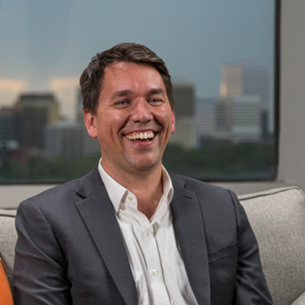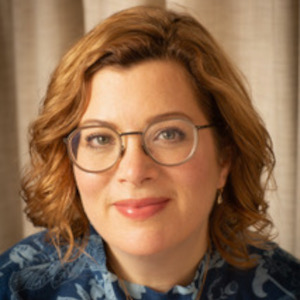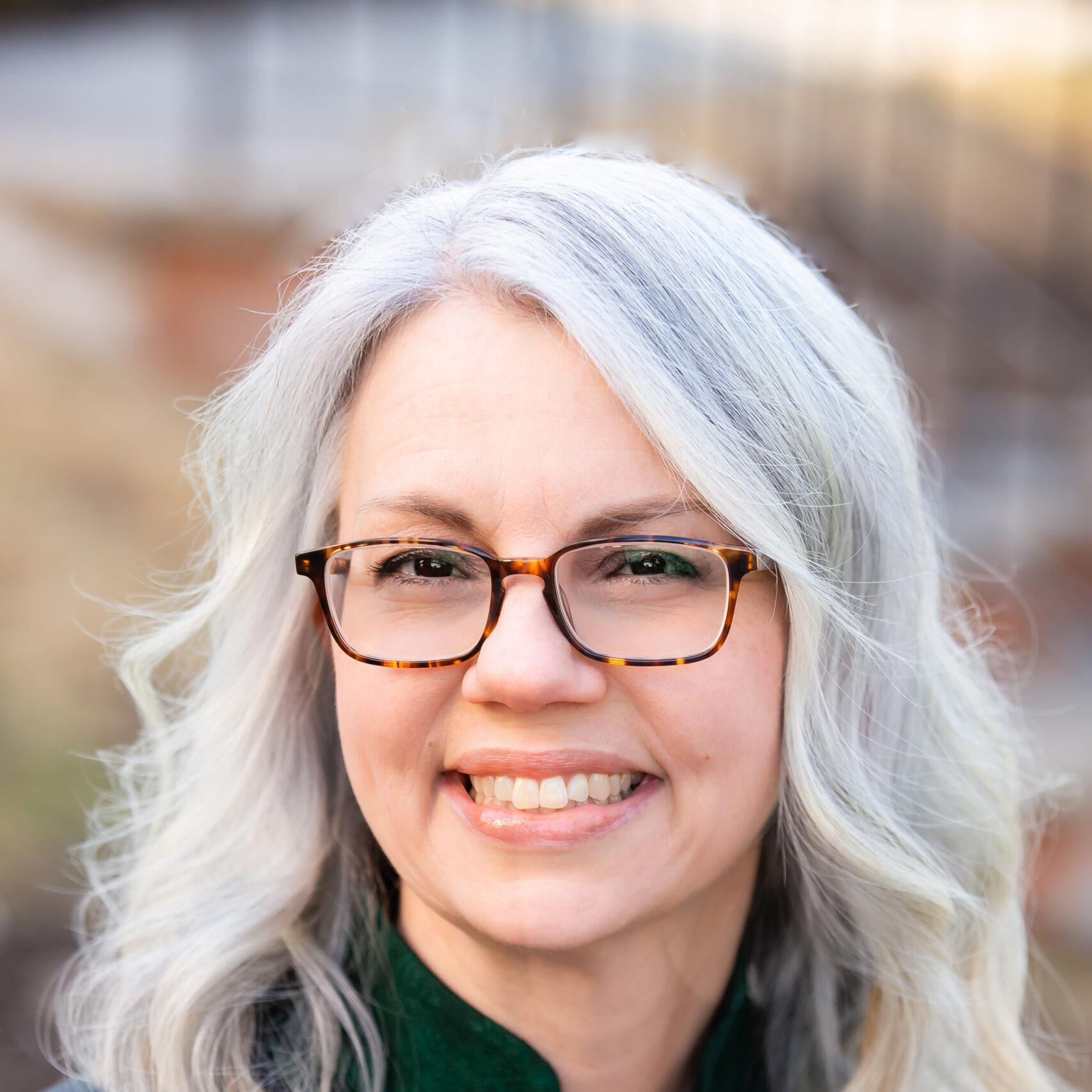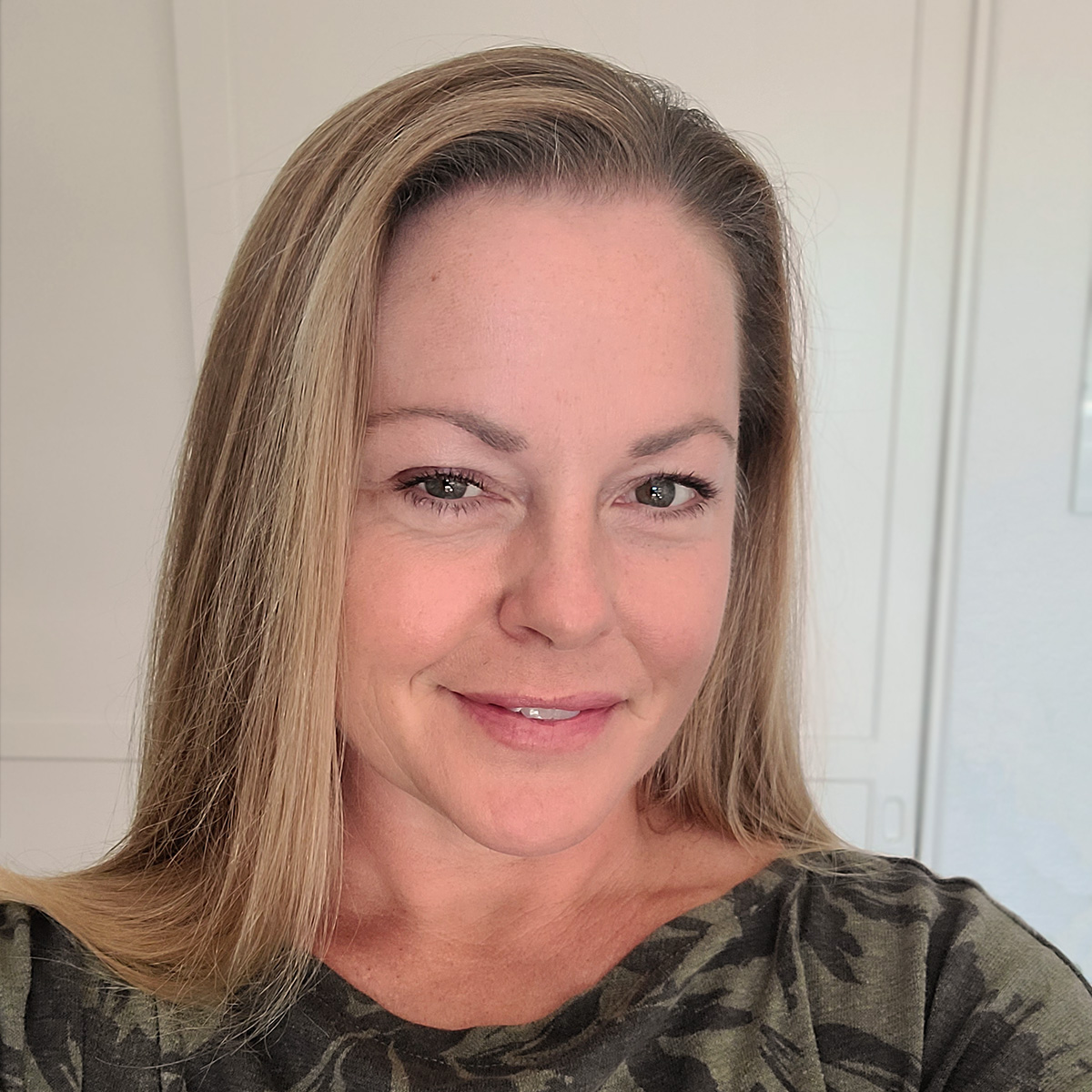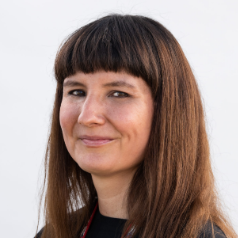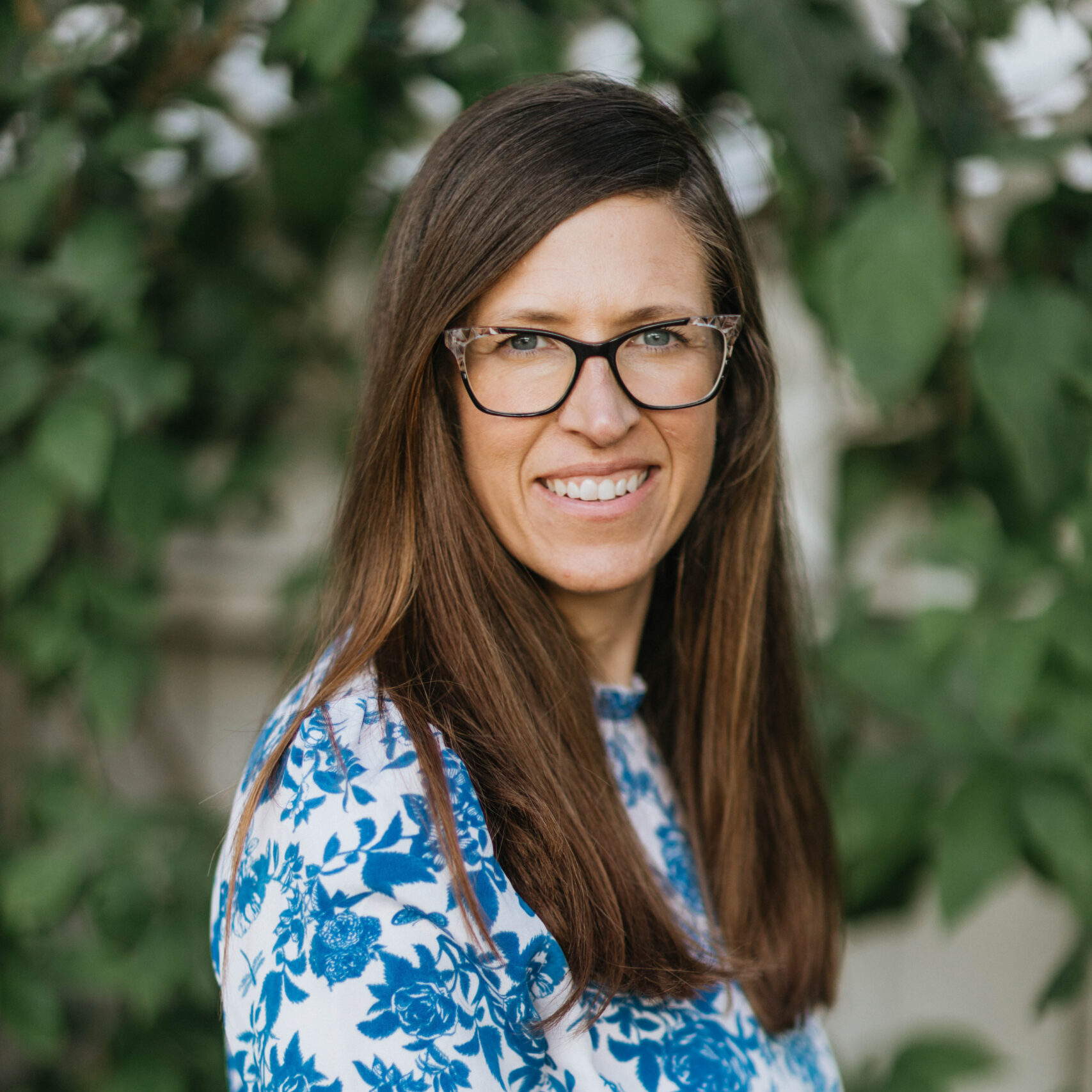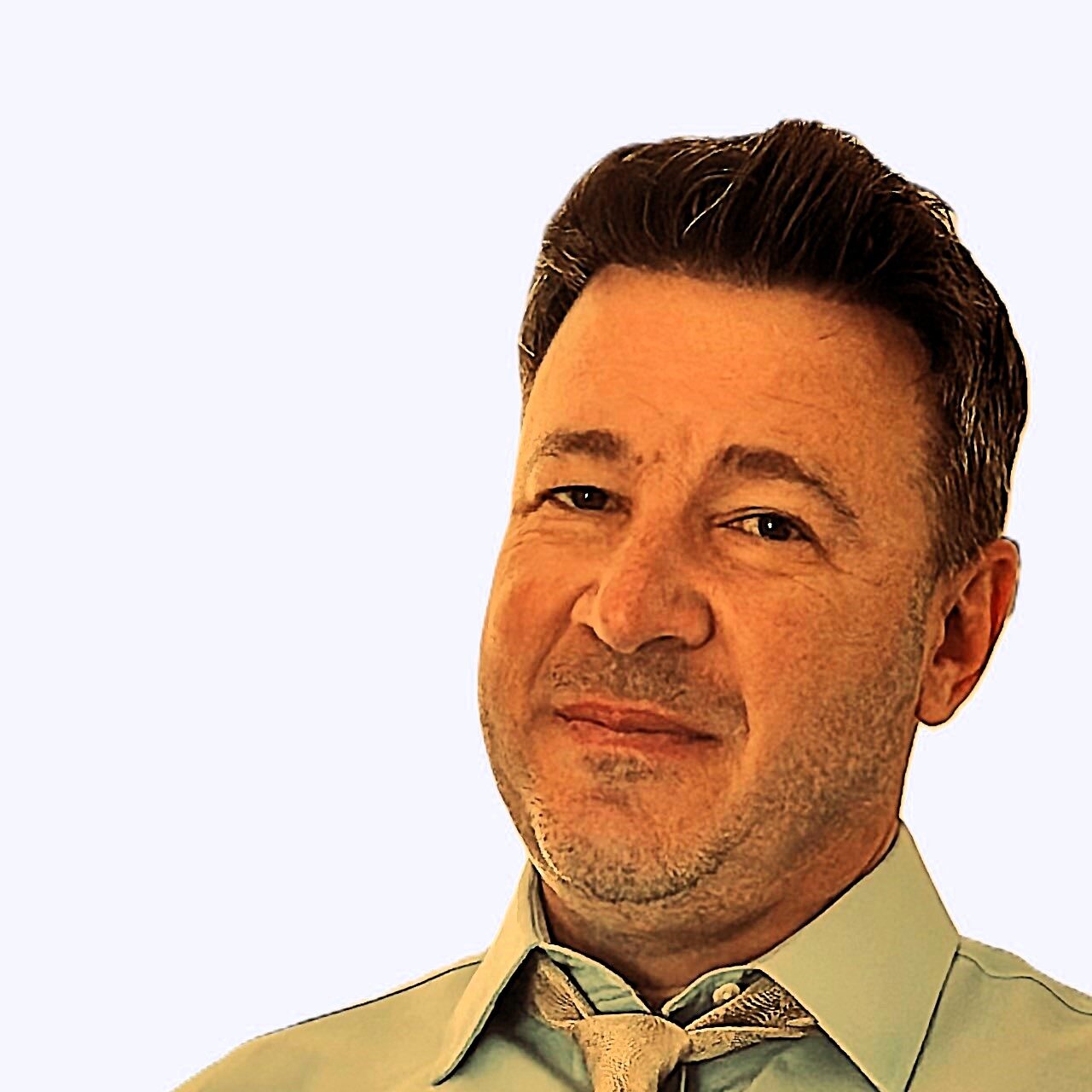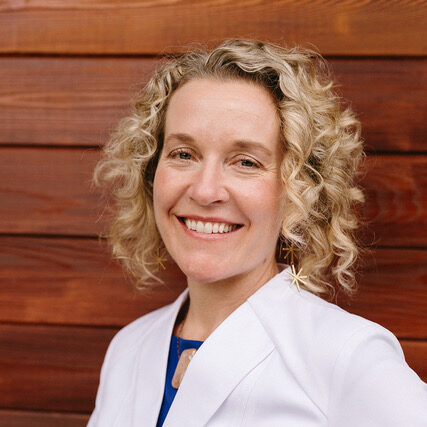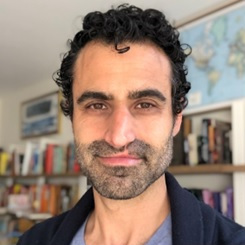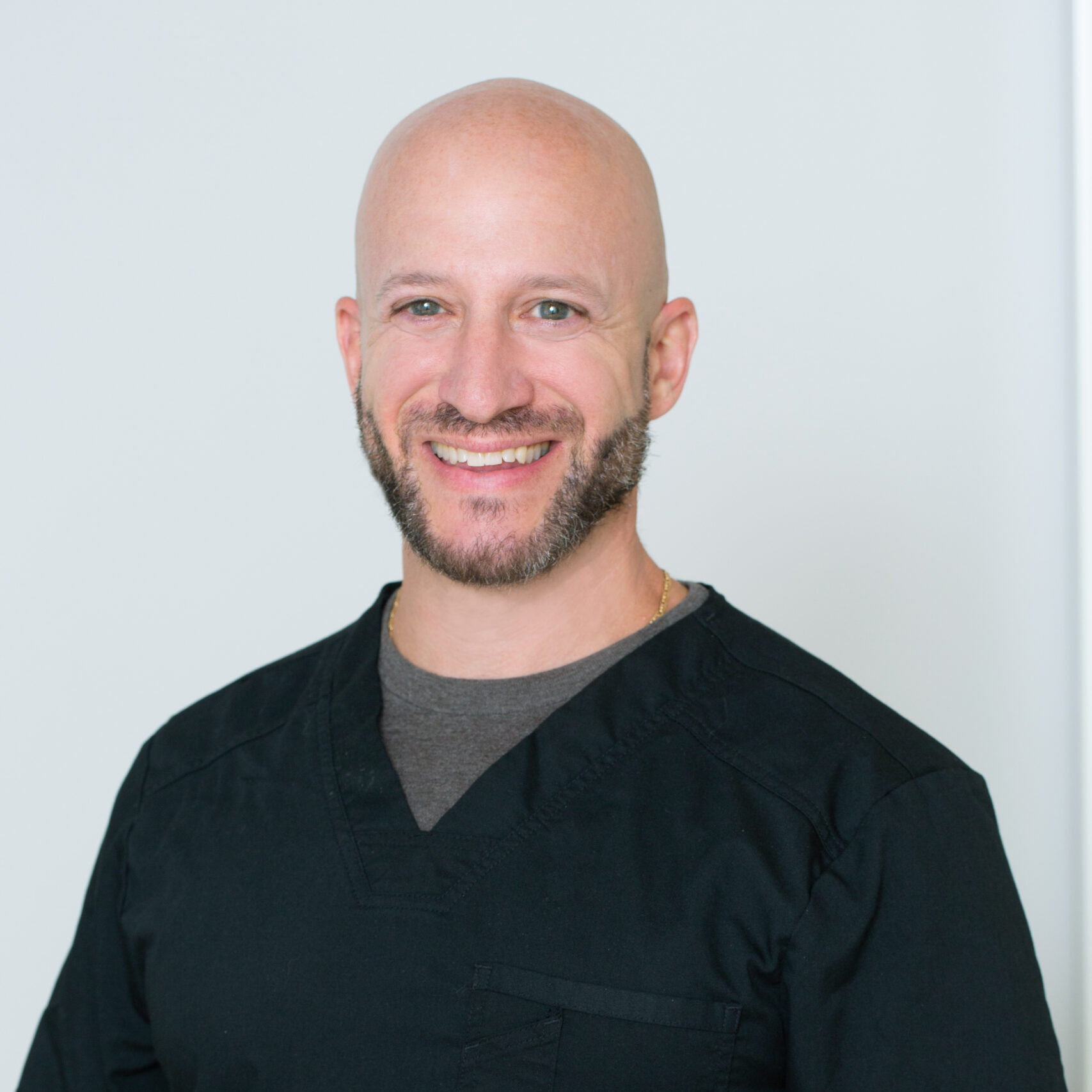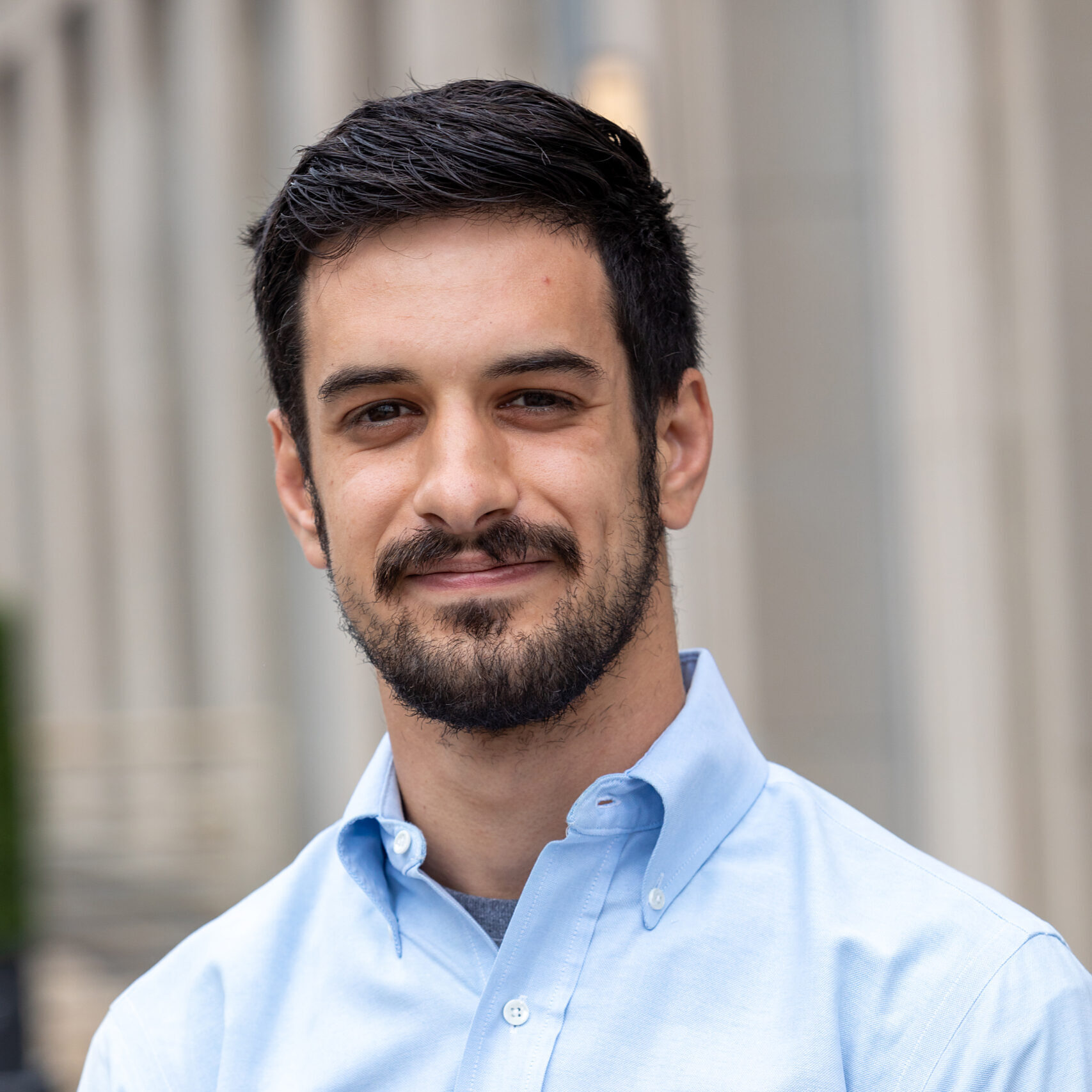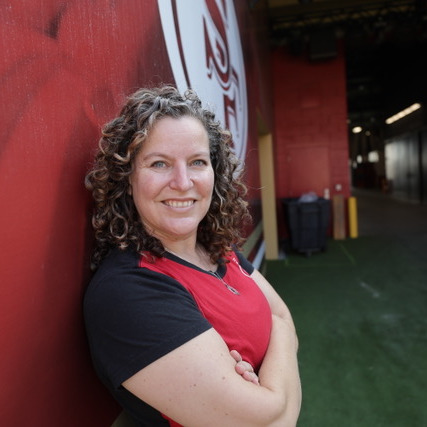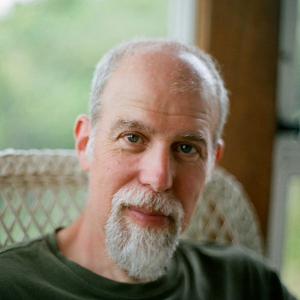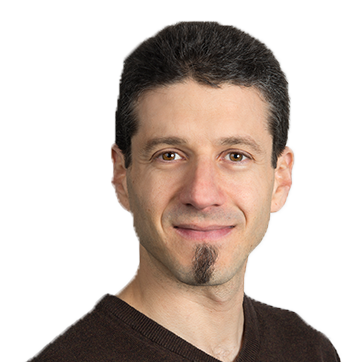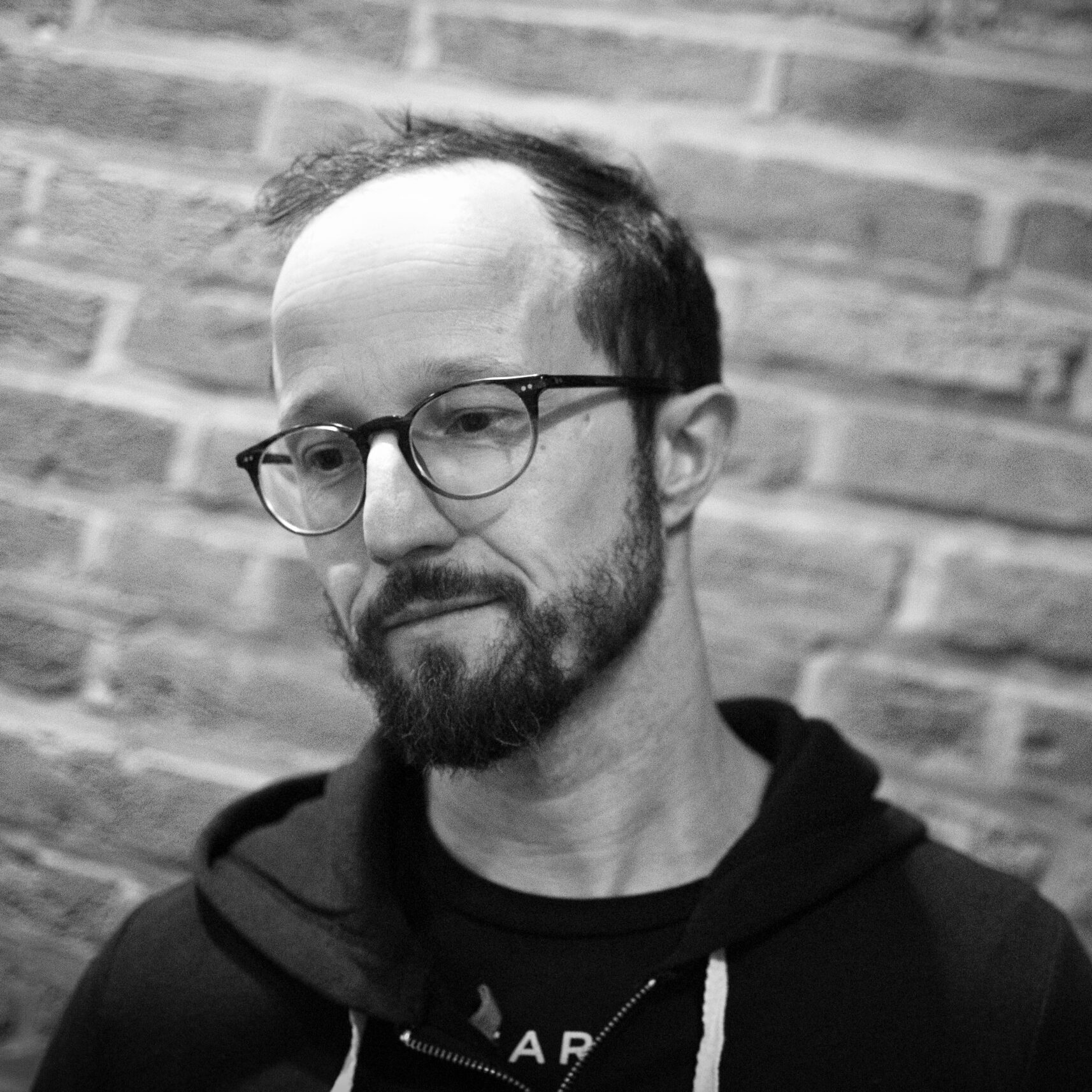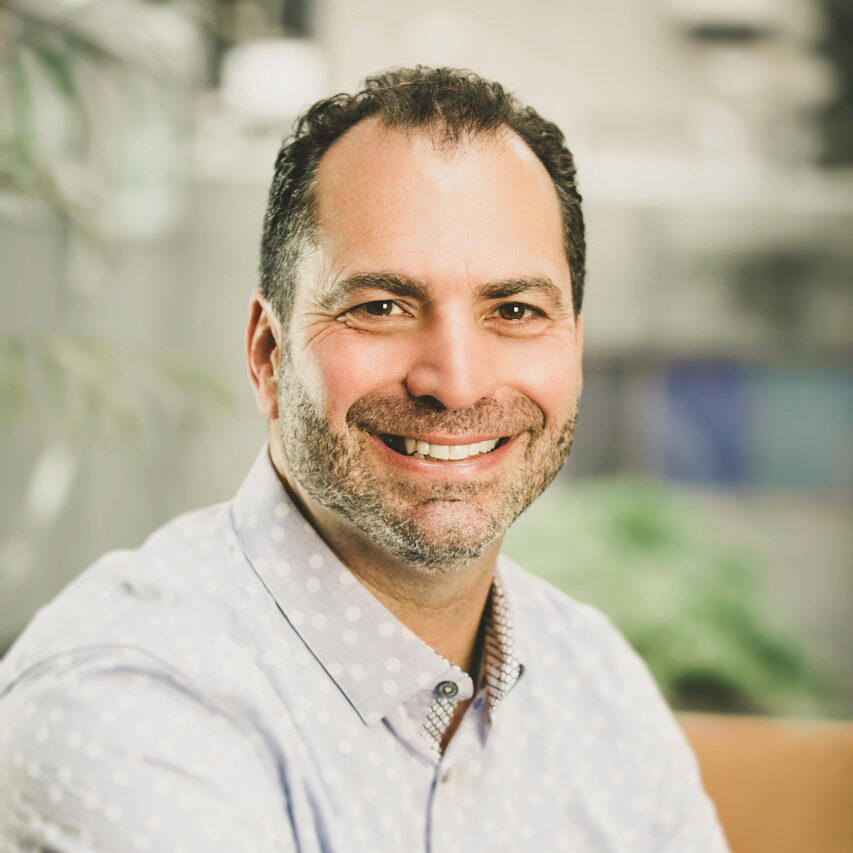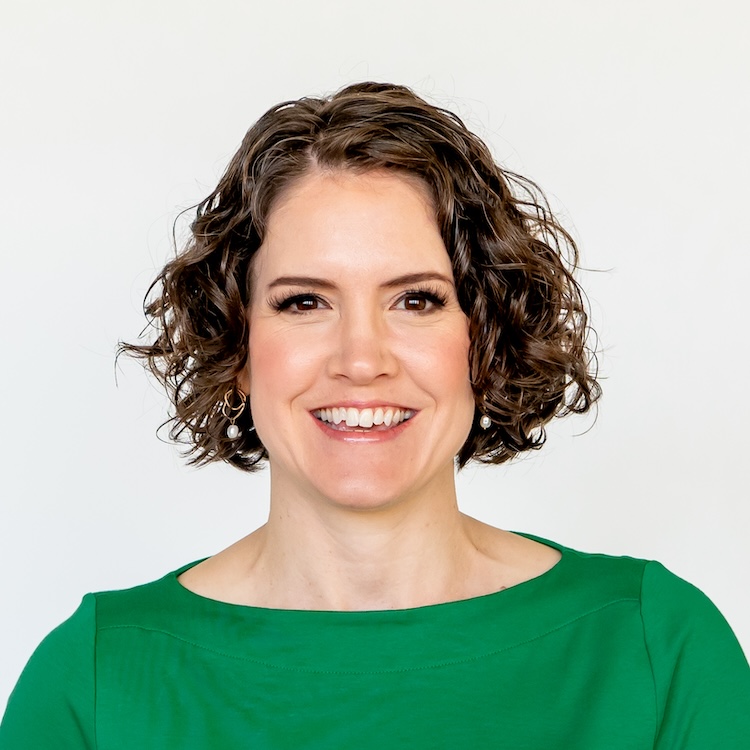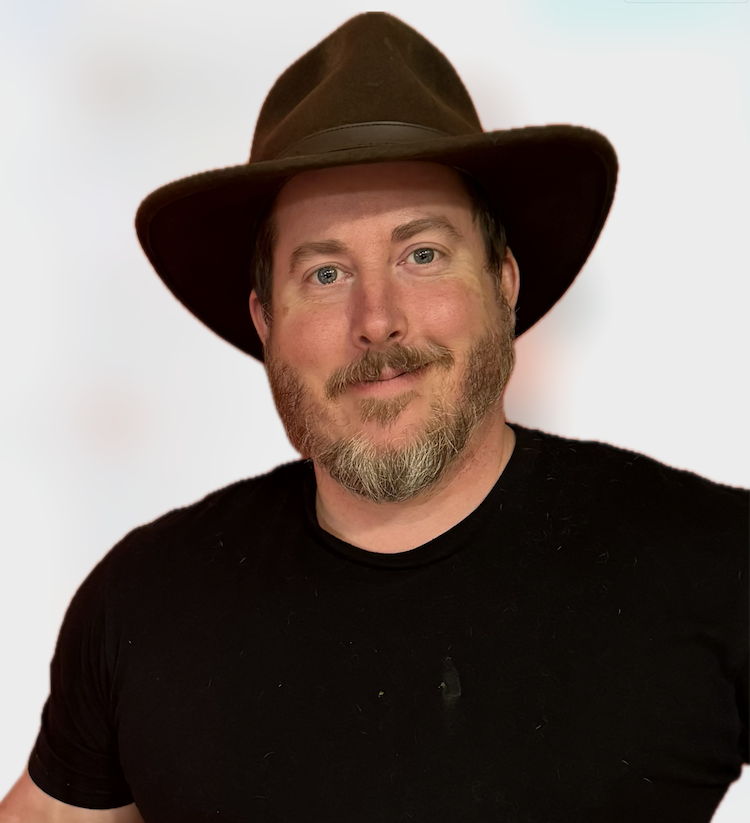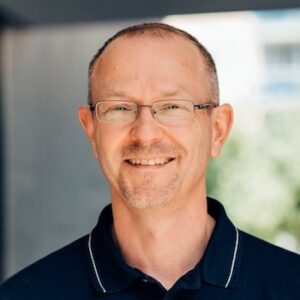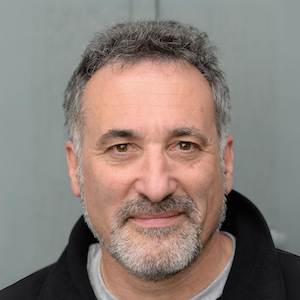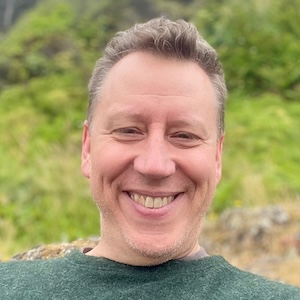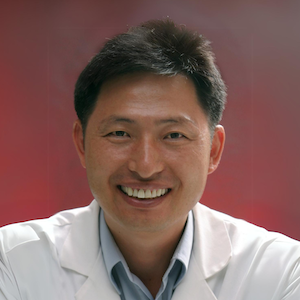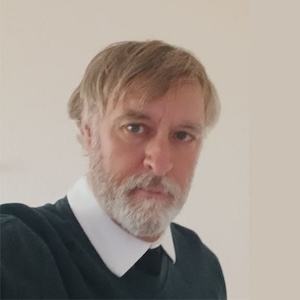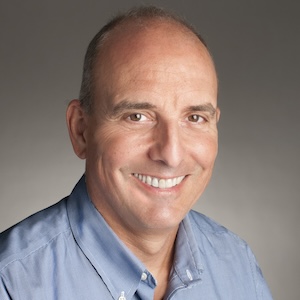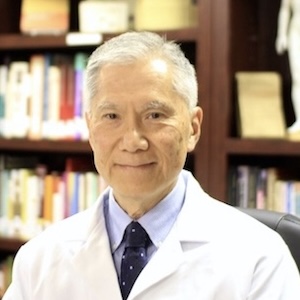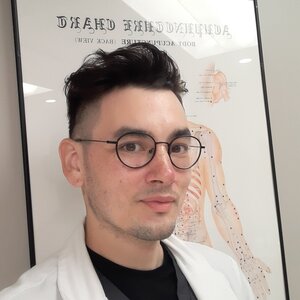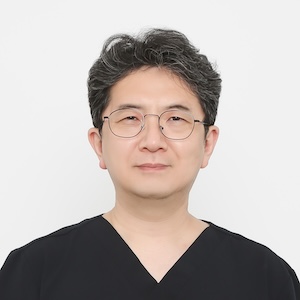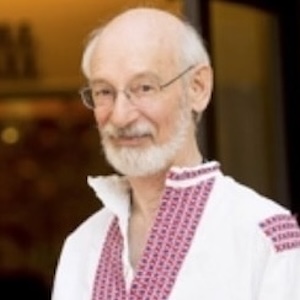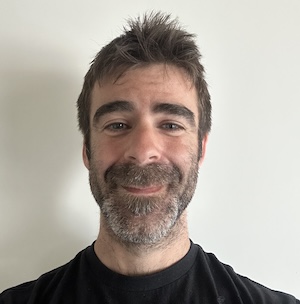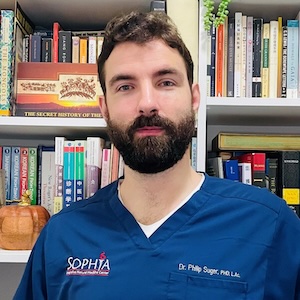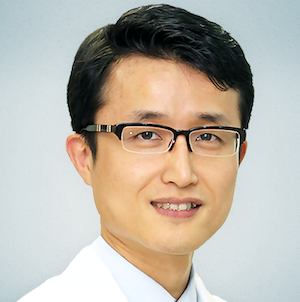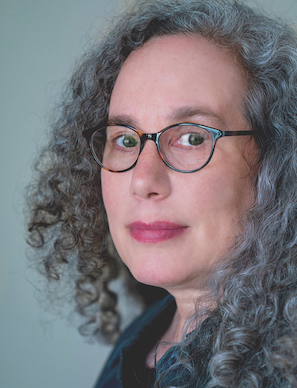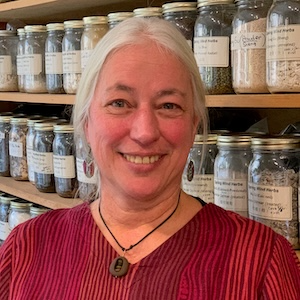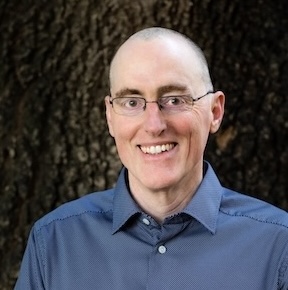I attended what was then known as SIOM before it was an accredited school. I thought the program and approach was a good fit for how I learned, and being in my late 30’s at the time, I did not have the patience for a program that would not let me get my hands on people for a year or more.
At SIOM, they had us in the clinic from the first week. Our patients were part of our curriculum. That fit the way I learn. The innovative program they were experimenting with back then was in part due to the efforts of Paul Karsten, who was one of the founders. Learning and instructional design was something he’d been interested in and gravitated towards.
Listen into this conversation on the early development of schools and curriculum, the challenge of teaching Chinese medicine concepts to Western students, the importance of hands-on experience, and the role of qi transformation in learning and practice.
In This Conversation We Discuss:
- The emergence of Chinese medicine into mainstream Western culture
- Paul Karsten's personal journey into studying acupuncture
- Early development of acupuncture schools and curriculum in the US
- Formation of key organizations in the acupuncture profession.
- Debates and conflicts within the profession (Five Element vs. TCM approaches)
- Challenges in teaching Chinese medicine concepts to Western students
- Development of standards and accreditation for acupuncture schools
- Tensions between larger and smaller acupuncture schools
- The birth of the community acupuncture movement
- Debates about the role of qi in acupuncture practice and education
- Challenges in clinical diagnosis and avoiding snap judgments
- The importance of hands-on experience in acupuncture education
- Personal stories and pivotal moments in acupuncture education
- The role of interpersonal relationships and conflicts in shaping the profession
- Reflections on the nature of history and how it's recorded
- The potential for Chinese medicine principles to be applied more broadly
- The concept of “qi transformation” and its importance in practice
- Reflections on truth and direct experience in Chinese medicine
Embody Ghandi’s recommendation to “Be the change you want to see in the world”. Whatever your intention for the one you are caring for; descending qi, calming shen, harmonizing yin and yang, tonifying source, etc., embody that change within yourself, even as you participate in the treatment to influence another. Working together in this way the person-to-person engagement generates a transformative session.
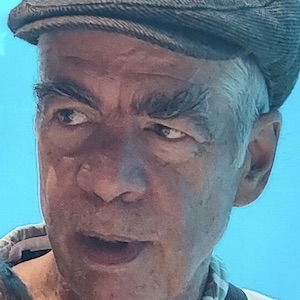 Paul Karsten, Ph.D, L.Ac
Paul Karsten, Ph.D, L.Ac
Soko Paul Karsten, Ph.D. as an educator spent thirty years designing and implementing graduate level programs in acupuncture and herbal medicine. Working both nationally and locally he participated in the generation of policy and training in the formative years of acupuncture as a profession in America.
Paul’s lifetime interest is in research and study in cosmology focusing on eastern and western explanatory models of reality, our understanding of the cosmos, and our purpose as part of it. His specific focus is the experiential understanding of Qi and how that experience and practice transforms our understanding of existence and our role in life on a daily basis.
Links and Resources
Listen to Paul's exploration of Embodied Activation of Acupuncture Points.
You can visit Paul at his Retreat Center in the Philippines.

